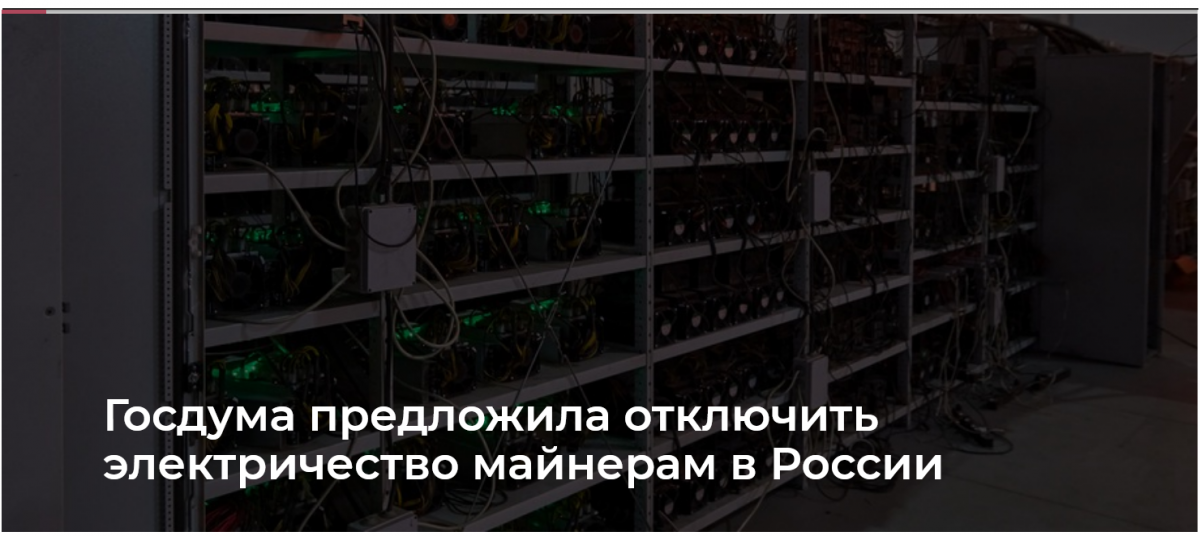The 23rd meeting of the Military Committee on military cooperation development among the CSTO member states under the supervision of the Chairman of the Military Committee, Chief of the General Staff of the Armed Forces of the Russian Federation - First Deputy Minister of Defense of the Russian Federation, Army General Valery Gerasimov, took place today via videoconferencing.
From April 8 to 11, 2024, the XXI International Seminar-Meeting on Combined Martial Arts with the heads of combat and physical training of the security ministries and agencies of the CSTO member states took place at the Park Hotel "Horizon", Odintsovo District, Moscow Region.
The event was addressed by Gennady Troislit, the Deputy Head of the Organizational and Planning Department of the CSTO Secretariat, and Oleg Ufimtsev, the President of the Russian Federation of Combined Martial Arts.
According to the Russian Foreign Ministry, the CSTO fails to establish cooperation with NATO
 10.02.2022
10.02.2022
February 9. /TASS/. The Collective Security Treaty Organization (CSTO) has established security contacts with a number of international structures, but interaction with the North Atlantic Alliance has failed. This was said by the Russian Deputy Foreign Minister Alexander Pankin at the conference, "Collective Security in a New Era: the CSTO Experience and Prospects," at the “Valdai” International Discussion Club.
"[The CSTO] has positioned itself in the external arena. The organization has established ties with other international [structures] - the UN and a number of others that are involved in the security sphere - but it fails [to interact] with NATO," he said. - It is strange that an organization like NATO does not recognize the CSTO as a significant security player, if not its equal, and considers the CSTO to be a Russian organization in which the other [participants] simply exist.
In this regard, the Deputy Minister admitted that Western colleagues did not fully realize that the CSTO members had a "common collective responsibility for their security”. "The threat to each of us is unchanged for a number of reasons: because of open borders, lack of visas and other things," he noted. - We're practically one economic space in terms of movement of people, ideas, so a threat to one of us is a threat to all of us”.
At the same time, Pankin emphasized that the CSTO did not include the Middle East, the Far East, the West or the North in its area of responsibility. "The area of responsibility is the CSTO's own territory, while the area of responsibility of NATO and the NATO allies - because NATO [is] also a chain of allies and partners - is global at least because the U.S. area of responsibility is proclaimed to be global. That's the difference," he summarized.
According to Pankin, many southern and eastern partners send signals that they are ready to cooperate with the CSTO.
"Therefore, the demand for the CSTO, it seems to me, is not only for us, the CSTO members. The demand for the CSTO should be in the world arena in a broader sense. Our many partners, mostly partners from the south and east, give signals that they are ready to cooperate," he said.
"It's probably time for our Western partners to think, too, that this is not a toy, but a real organization, politico-military, defensive, multifunctional, keeping an eye on what's going on, catching changes," Pankin added.
In addition, the Deputy Foreign Minister continued that it was an organization of six states, which were neighbors and "historically linked by a commonality with a high degree of mutual understanding. "The main thing is not to drive a wedge between us in those issues where we, like any neighbors, living next to each other for a long time, may have either contradictions or differences," the diplomat concluded.
Conducting peacekeeping missions
Pankin said that after the events in the Republic of Kazakhstan, the CSTO had to work on further simplification of procedures to make peacekeeping missions smoother and quicker.
"We need to learn organizational lessons, of course, how we can simplify all this procedurally, in case, so that it would be legally smooth and as quick as possible in terms of deployment, understanding of tasks," he said. The Deputy Minister added that the coordination of contingents of the CSTO countries, not only in the case of the Republic of Kazakhstan, but generally developed through a mass of trainings and operations, where they perfected "different kinds of interaction and different kinds of counteraction to various terrorist threats, drug interdiction and so on.
"The lesson is that we responded almost instantly. It's probably unprecedented. No one prepared for this, it's not an escalating," Pankin said of the outcome of the CSTO peacekeeping operation in the Republic of Kazakhstan. He pointed out that an example of blowing up the media is the West's attempt to attribute non-existent aggression against Ukraine to Russia.
"In the case of the Republic of Kazakhstan, we didn't have any information background that would have allowed us to prepare or calculate any such options. So, it was a lightning-quick, well-timed operation. Indeed, it was enough not even to reload the machine gun, but to show that you are there, that you are in solidarity and you are ready. And these were very well prepared, let's say, elite units in my understanding, which showed that one fighter from these contingents is worth a hundred," the Deputy Foreign Minister of the Russian Federation concluded.










